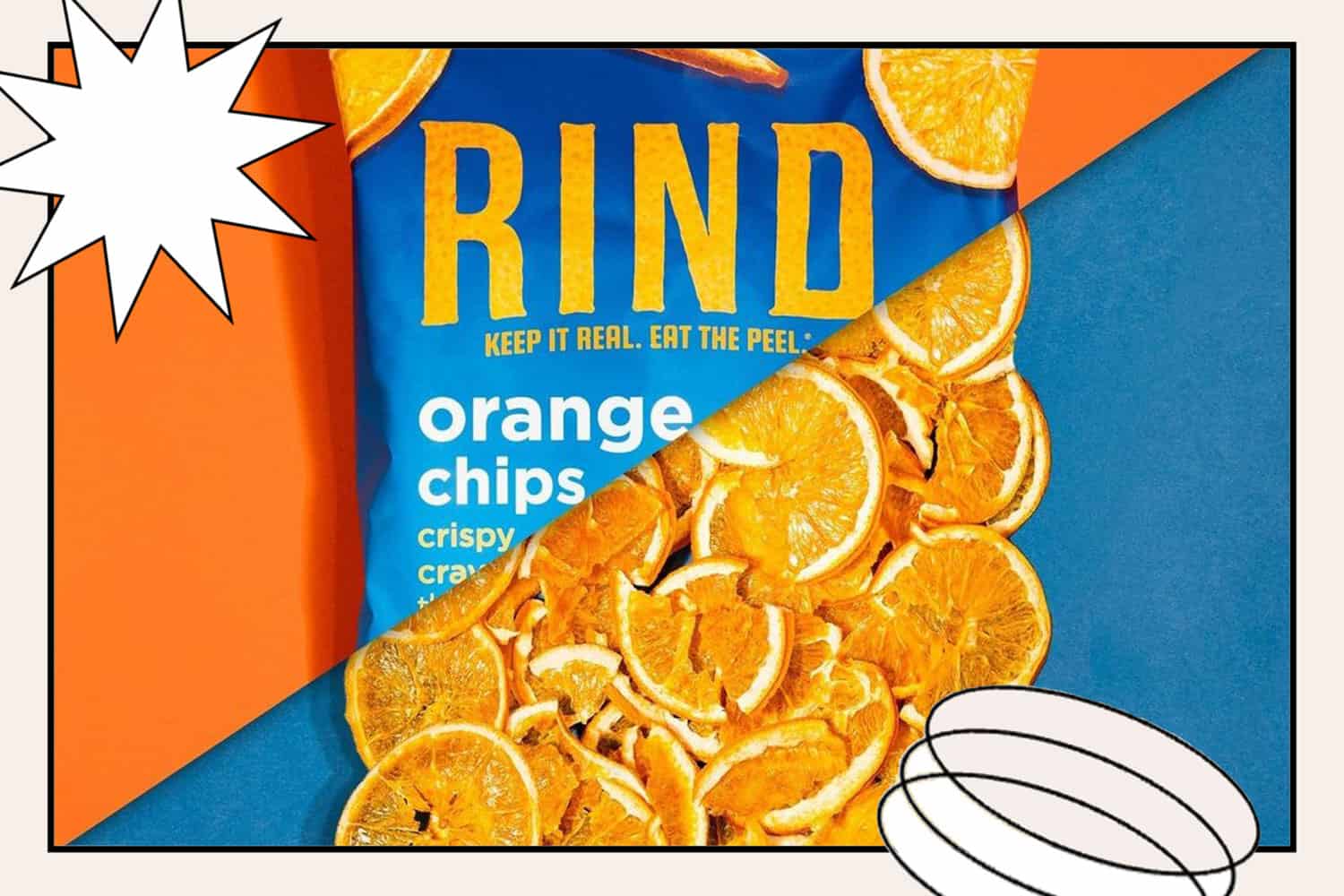Last year, Google searches for "vegan food near me" grew by more than 5,000%. And while everything plant-based remains on the rise, planet-based foods will be the star of the show this year and beyond.
Eating more plant-based foods already betters the planet, as the growth of plants is less intensive than farming animals. It uses less land, water, and resources, as well as produces fewer greenhouse gas emissions. But planet-based foods take the benefits to the next level.
Not only are planet-based foods made from eco-friendly ingredients, but they're also produced and packaged sustainably, too—something conscious consumers are more than ready for. A recent survey found 63% of consumers consider reusable or recycled packaging to be "very important" to them when shopping at the grocery store. In addition, 78% of shoppers agree that brands should offer the ability to refill their packaging as opposed to buying new.
"It’s finally hitting home that we need to move mountains to save our planet. And brands are finding that many consumers feel passionately about environmental issues and want to support brands with sustainable practices," says Amy Gorin, MS, RDN, an inclusive plant-based dietitian and owner of Master the Media in Stamford, CT. "Hopefully, the more sustainable products that are available on the market, the less packaging and food waste we'll experience. Plus, it’s possible that the innovations that brands come up with—such as using food waste from one product to create another product—will inspire steps that we can take in our own kitchens."
Luckily, we're already starting to see innovative new products enter the market that are produced and packaged with the planet in mind. Upcycled food was a popular category at this year's Expo West, with brands showcasing products made from everything from avocado seeds to celery scraps. Because they're made with food scraps, these products don't require as many new resources and keep food waste out of landfills.
For example, Renewal Mill converts pulp leftover from soy and oat milk production into flours and baking mixes. Pulp Pantry has created tortilla chips made from the waste from cold-pressed juice production, and Cajú Love transforms discarded cashew fruit into a fiber-packed plant-based meat alternative. The only issue? Despite the goodness inside, the packaging is where many brands still struggle.
The good news is compostable options are starting to take center stage. Take Trupo Treats, for instance—a new chocolate company that's shaking up the industry by using a compostable wrapper instead of the traditional plastic wrapper.
"We have compostable wrappers of our own that are made of plant-based materials. We're the first ones in the chocolate industry to do this and are trying to be leaders in the sustainability arena," says Brian Trupo, co-founder and chief marketing officer of Trupo Treats. "I've seen other companies starting to use paper instead of plastic while padding products during shipping. I've also seen some amazing companies—like Just Water and Free Water—use paper and aluminum instead of plastic, which I believe is a huge game-changer."
In addition, Culcherd, a plant-based dairy brand, packages its cheese and dairy in 100% compostable parchment paper and boxes. There's also Sacred Serve—a plant-based gelato brand that was finally able to eliminate plastic from its packaging after years of hard work.
Right now, eco-friendly packaging doesn't come cheap: "When comparing single-use plastic wrappers to our compostable wrappers, we found that the compostable ones were over 10 times as expensive," Trupo says. But once that gets to around three times or less as expensive, he says he can see these options becoming the norm.
Gorin says she's also seeing companies figuring out innovative ways to produce plant-based food that's a true replacement for meat products, without using any animals. "For instance, Motif FoodWorks uses HEMAMI, a yeast-derived heme protein that provides umami flavor and meaty aroma to plant-based burgers, sausages, chicken, and other meat alternatives," she adds.
With so many planet-based products being added to the market this year, other companies may be inspired to amp up their own sustainability practices. Because even though the plant-based options at the grocery store are benefiting the planet in more ways than one, the next step is not wrapping them in plastic.






